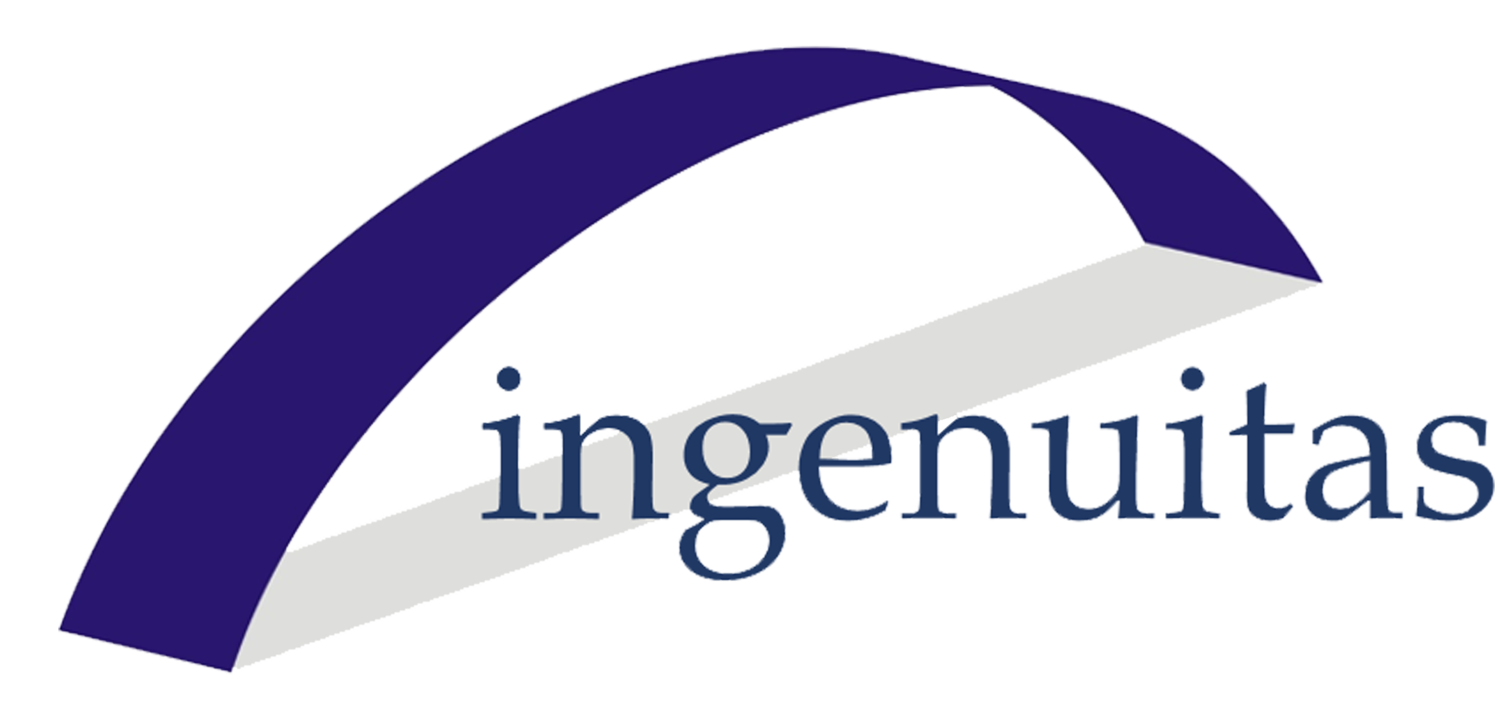Ingenuita's Strategy
Develop unanticipated solutions to real-world health problems
Support the development of fast process to prototype development
Leverage partner non-profit organizations to field-test prototypes
Develop partnered manufacturing options
Support funding and distribution of no-cost options to target communities through existing relations with relief organization distribution networks
Project characteristics
High impact problem with wide applicability
Solutions that are inexpensive, sustainable, and simple to manufacture
Address areas of high unmet need
Pursue solutions and options with a high degree of technical innovation with an emphasis on engineering perspective
model of target solution
The Origami Microscope
The Foldscope was developed by a team led by Manu Prakash, an assistant professor of bioengineering at the Stanford School of Medicine.
The project was funded by several organizations including the Bill & Melinda Gates Foundation.
Prakash wanted to create a microscope that anyone could afford and that would be versatile and sturdy enough to work in field conditions.
He also wanted to create a device that people felt they had ownership.
parallels to ingenuita’s approach
Simple, inexpensive solution to address chronic health need.
Sustainable and scalable approach.
Amenable to wide distribution and access.
Sound technical and scientific innovation to bridge the gap between current medical understanding on a given health problem and a practical application.
Amenable to a collaborative implementation between outside groups and local expertise and leadership.


